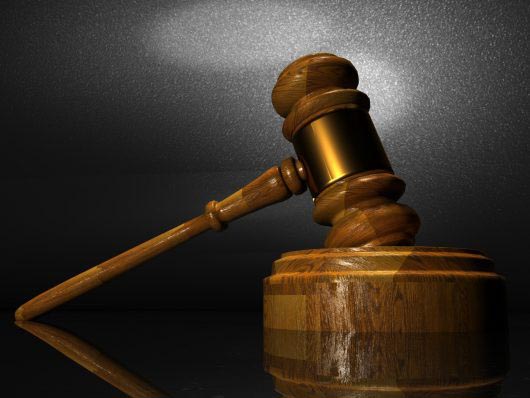New York’s Highest Court Delivers Major Win to the Accused
In what is considered a major win for those accused of crimes in New York, the New York Court of Appeals, New York’s highest court, ruled on December 14, 2023, that a discovery failure by the government should result in dismissal of a case in its entirety.
In 2019, the New York legislature made sweeping changes to how discovery is handled in New York criminal cases. In fairness, New York had long been considered one of the worst states in how it gave access to defendants and their attorneys the evidence it intended to use against them.
Since then, major litigation has occurred in the lower courts, across the state, and at the appellate division levels. However, until just the other day, the New York Court of Appeals had not decided how to instruct all the other courts in the state. Now there is binding precedent on how every court in our state must handle the discovery laws. The decision was unanimous, meaning every one of the judges on the court agreed.
Basically, whenever you are arrested and accused of a crime, it is always the government’s burden to prove you guilty beyond a reasonable doubt. They don’t need that much proof to arrest you, but after that they do, and you otherwise remain innocent until that point. Because of that, it makes sense that you would want access to the evidence they have that they claim will prove your guilt. And in reality, it should be your attorney who first has access, who can then provide it to you for review with them to discuss, in their experience and training, how that evidence will be used, what it could mean to a Judge or jury, and whether any of it should be suppressed or is inadmissible.
Under the 2019 laws and changes since, the government must produce that to you and your attorney within a certain time frame. The law requires disclosure of at least twenty-one (21) categories of material, but more is contemplated. The government has certain time frames to meet these obligations, and they have safety valves available where they can apply for protective orders or other relief. Discovery typically must be disclosed within twenty (20) days if you are in jail, or thirty (30) days if you are not.
However, this creates a separate and distinct time frame. The amendments also tied discovery to New York’s “speedy trial” statute – CPL §30.30. There, the government must declare readiness for trial within ninety (90) days for a misdemeanor, or six (6) months for a felony. The People cannot announce readiness for trial, which satisfies these time frames, without first filing a “Certificate of Compliance” which states that they exercised “good faith and due diligence” in providing all discovery. This does not mean that the government can never again find, or otherwise provide, new Discovery. There are ways under the law for the government to provide additional discovery after this time, and file what is called a “supplemental certificate of compliance”. However, it is a big moment when that first “Certificate of Compliance” is filed, as we discuss here.
When the government fails to provide Discovery within the requirements of the Discovery statute (CPL §245), your remedy is defined by the prejudice you suffer. If it’s only a few days short, and nothing has harmed you or your case, you may get no remedy at all. If you are harmed in some way, perhaps that evidence is suppressed, perhaps you can obtain an adjournment to seek your own expert or other answers based on it, or maybe even a charge could be dismissed if it is that serious, however this is very unlikely. On the other hand, when the Discovery issue deals with the Speedy Trial statute (CPL §30.30), that will likely result in full dismissal of your case.
Here is how that looks:
Arraignment on a Misdemeanor: January 1, 2024 (released on recognizance)
Discovery Due: February 6, 2024
Speedy Trial: April 1, 2024
If the government fails to provide proper discovery from February 7 to March 30, the question is whether you were prejudiced in any way. If you weren’t, you don’t get any remedy. If you were, the remedy depends on how badly and in what ways your case was hurt.
If the government fails as of April 2, you should receive a full dismissal of your charges, regardless of whether your case was harmed in any way.
In Bay, the government filed its certificate within the proper time frame (in our example, February 6 to March 30). However, after the speedy trial time had ended (in our example, April 1) it turned out additional documents were found, including police reports and a 911 call.
Because the speedy trial clock had already ended, it did not matter whether the police report or 911 call resulted in any prejudice – the matter must be dismissed.
You should know that all of this is subject to many other laws and regulations. You can waive discovery rights in some circumstances, and you can waive speedy trial rights in some cases. Doing so may be very helpful to you, or alternatively, it may be very harmful to you. Especially in light of the Bay decision, it is critical that you contact an experienced criminal defense attorney. You should ask your potential lawyer about the Bay decision, and ask how it may affect your case, and how you may potentially use it to your advantage.
The decision is available free of charge here: https://www.nycourts.gov/ctapps/Decisions/2023/Dec23/92opn23-Decision.pdf

